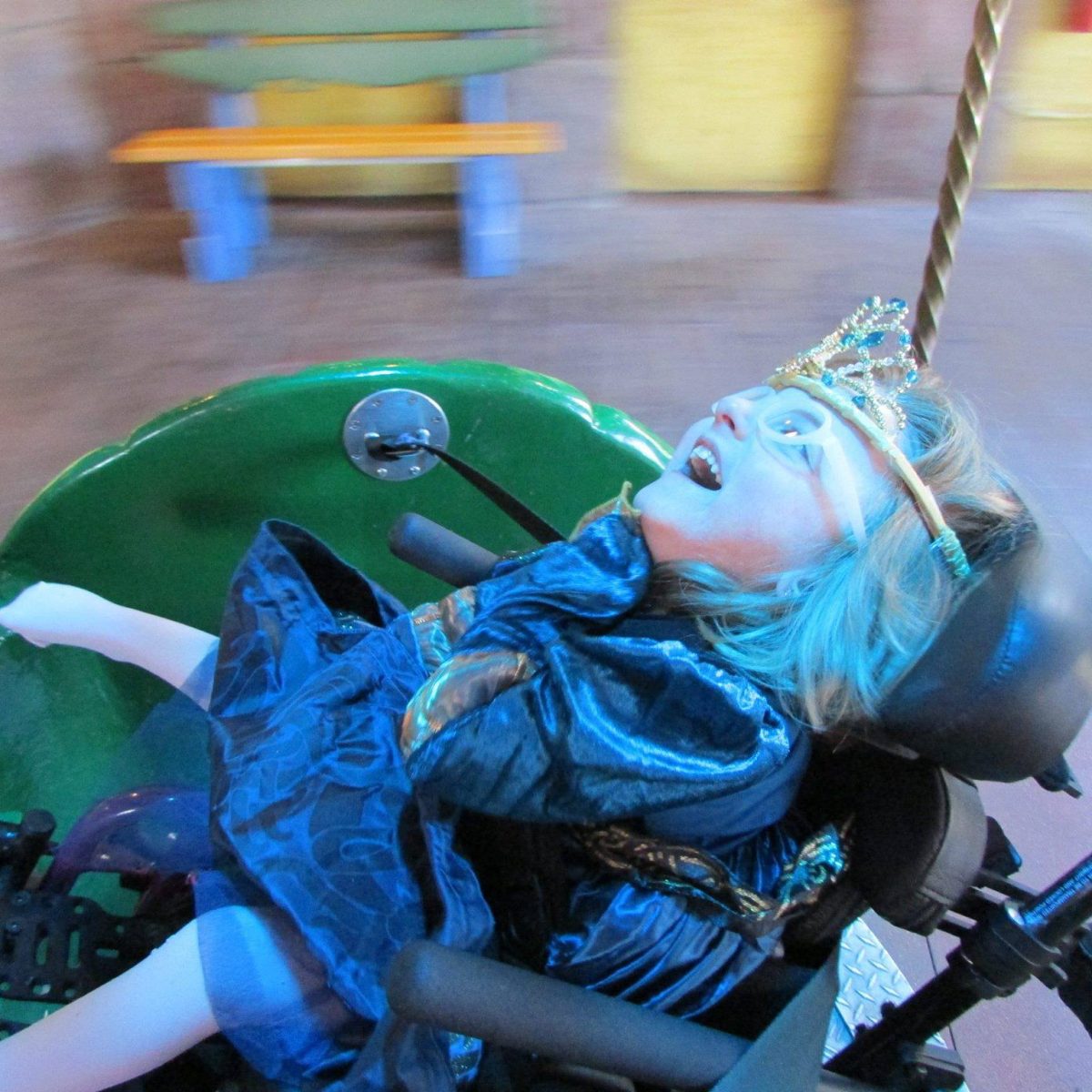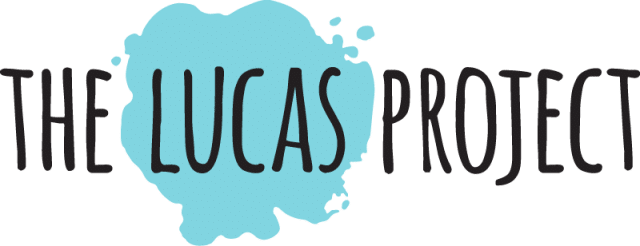
“I know just how you feel, I lost my cat a year ago.” I tried to muster an appropriate response; the woman meant well. But I was still raw after the death of my youngest child and tired of people trying to connect her loss to that of their pet. It took all my willpower to be kind and not say something snarky.
It’s been a little over two years since my warrior laid down her sword. I was told that as time went on things would get easier and better. The truth is things really don’t get better. You just become stronger and learn to live through and around the constant pain in your soul.
Everything changed the day she left us. The house was so still and quiet. No happy laughter from her favorite chair. No little shoes all over the floor. Her beloved stuffed bear sat looking lost on a bed that she would never sleep in again.
You lose more than your child when they die. People drift away from you. They don’t know what to say and don’t understand why you can’t go back to being the person you were before your life was shattered. Then there are the people who don’t talk about your child and act like they never existed.
It also was a struggle for the medical community to take my autoimmune disorder seriously. They chalked everything up to me grieving, ignoring serious red flags. I had to find new doctors and specialists. I haven’t told them that my daughter passed away. I am scared that if I tell them I won’t get the medical help that I so desperately need.
My son and husband both are broken with the loss. My daughter was a daddy’s girl. She adored him and saved her best smiles and hugs for him. My son struggles to trust doctors after they promised him they could make my daughter better. He loved his little sister and would have done anything for her.
I wish I could say that her death brought about some epic change, like world peace or a cure for Mitochondrial disease. While none of that happened, there were small things that brought comfort to our family. I cling to them when grief overwhelms me.
I am grateful for the people who have stuck around. For organ donation. Someone uses my daughter’s eyes and her heart valve. For those who let me share my daughter’s story and my memories of her and understand when the tears fall.
The lessons my daughter taught in her ten short years are ones I will carry with me. Like eating ice cream first, because it tastes better than broccoli. Snuggling with those I love best. Being content in the moment and not worrying about what happens next.
I will never be the same person; grief has left its permanent mark on me and a hole in the shape of my child in my heart. I have had to figure out not only how to live for myself, but for my daughter as well. It’s been messy and hard.
This loss will continue to define me, but I’m OK with that. Bereavement is not a stigma to be avoided. I am a survivor and I will continue to share her story and mine.
This post was shared by Amy Fields, Blogger at Many Kind of Families – Personal Blog. You can follow along with her story here.
